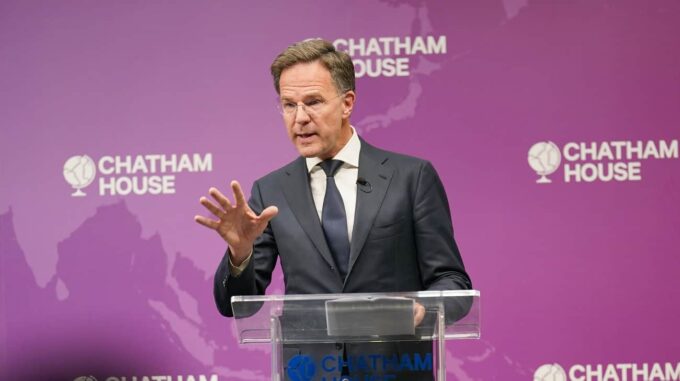NATO Secretary General Jens Stoltenberg confirmed that the promise to admit Ukraine into the military-political alliance remains valid, even if it is not explicitly stated in the summit’s final document

This is an important signal for Kyiv and all countries seeking closer integration with NATO, as the official confirmation has been expressed multiple times before and now receives additional assurance from a high-ranking official such as the Secretary General. The scheduled summit in The Hague on June 24–25 will be another step in realizing Ukraine's Euro-Atlantic ambitions. According to Stoltenberg, his position remains unchanged: the assertion regarding Ukraine’s irrevocable course towards NATO was reaffirmed at the highest level earlier, and this spirit will not change regardless of how it is phrased in the final declaration. "We say that our country's path to NATO membership is well-defined and irreversible. This assessment will remain the same after the conclusion of the summit," he emphasized. At the same time, in the context of preparation for the upcoming document, the diplomat noted that the topic of Ukraine is likely to be addressed in the final communiqué, although the wording may vary depending on the compromises reached among member countries. When asked what would happen if there were no mentions of Ukraine in the document at all, Stoltenberg remarked: "There is nothing to be afraid of." He stressed that each NATO summit does not necessarily involve re-negotiating existing positions. What is important, in his words, is that these issues remain open for discussion and for finding a balance between the countries. Expert circles note that efforts to strengthen Ukraine’s position within NATO are directly related to the stance of leading Western countries, particularly the United States. They determine the level of readiness and the political climate for alliance expansion. At the same time, security history shows that NATO members still do not share a unified view on the terms and conditions of Ukraine’s integration. In early 2008, during the Bucharest Summit, NATO leaders officially declared for the first time that Ukraine would become a member of the alliance in the future; however, the actual implementation of this idea remained dependent on many political and security factors. Recent media reports suggest that the issue of accelerated consideration of Ukraine’s membership has again been complicated by the internal political climate in the United States. Specifically, former President Donald Trump openly indicated the possibility of blocking Ukraine's pathway to NATO, which could potentially influence the decisions of allies as well. During this period, the wording in public documents such as summit declarations could have been shortened or completely omitted regarding Ukraine and Russia, further complicating the situation. Therefore, for Kyiv and its partners, an essential understanding remains— the process of integration into the Alliance is multi-staged and depends not only on official statements but also on internal politics and the dynamics of international relations. At present, there are no official guarantees in the form of precise formulations in the final document, but political will and strategic vision remain unchanged— to support the course towards NATO and to continue progressing toward the Euro-Atlantic community. While summits do not always result in new formal decisions, they remain important platforms for dialogue and for shaping a common position on the future expansion of the Alliance.

